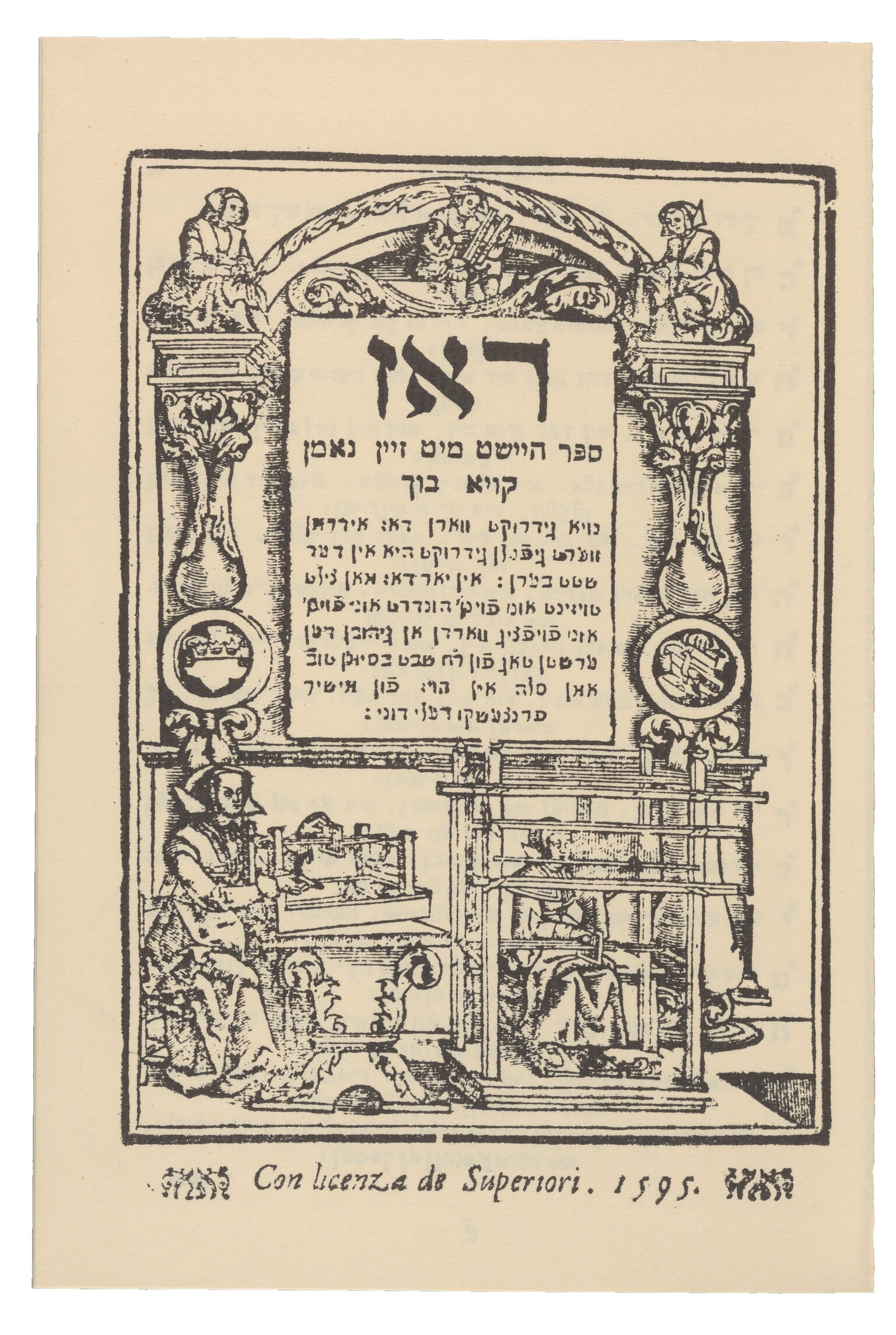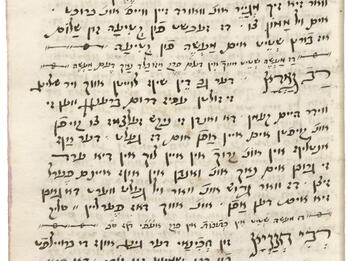Ku-bukh (Book of Cows)
Curing the Sick Lion
A Lion on his deathbed lay.
There’s truth in every word I say.
He was gravely ill indeed.
Then came to him a goodly host
Of all the forest-dwelling beasts.
They came most eagerly and fast
To inquire how he felt.
He received them all as friends.
“May God protect you in all things,
And quickly make you well again.”
In a single voice declared
All the beasts who’d come to him.
“A good New Year” was each beast’s wish,
And each one showed his art and skill—
All his talents, all he knew—
That might help restore his health,
Holding nothing back from him.
Yet all their skill did not suffice,
And neither did their good advice.
Now death was coming very soon,
As beasts in sorrow stood nearby.
As Fox, meanwhile, lay hidden low
To observe how things might go.
He feared the Wolf’s sharp jagged teeth,
He knew full well Wolf hated him,
And for that reason stayed away.
And since the Wolf could not see Fox
He spoke to Lion with these words:
“Oh, noble and most gracious Lord,
All honors and good things to You!
All the beasts have gathered here,
But Fox is nowhere to be seen,
Absent in your hour of need.
So send him forth to foreign lands—
Tortona, Lombardy—for cures,
And Candia for malmsey wine,
Which brings refreshment and in time,
Will surely make you well again.
The Fox is perfect for this task.
He runs so fast, he’s never late.
He’ll bring these things without delay.”
The Wolf was thinking to himself:
“I shall have my vengeance now,
Since speaking boldly to the King.
Because the Fox failed to appear,
His life is coming to an end.
I wish my own hand could do the deed!
The Fox was hidden not far off,
Just behind a hedge he lay.
Now his heart was full of fear,
As he overheard those words
Full of treachery and lies.
“Alas,” he thought in his own mind,
“Now I see I’m truly lost.
How can I defend myself?
I must turn this thing around!”
The Fox then used his cunning brain,
And in just a little while,
Out he tentatively crawled,
Limping like he was half lame
From walking from afar on foot.
Then he went before his Lord
And to his knees he meekly sank,
And said, “I’ve come to you again,
From the distant, distant lands
Searching for a cure for you.
I’ve thought it over long and hard,
And would gladly offer you
Remedies of many kinds.
But the best is this good news,
Which I learned from doctors wise
And humbly pass it on to you:
All the doctors with one voice
Insisted on a single truth.
Never will your health return
Until you make—and use quite soon—
A wolf-skin garment, one still warm,
After having just been flayed.”
Lion then at once decreed,
“Follow doctors’ orders now!”
They stripped the Wolf of all his hide.
He cried in pain both loud and long,
“Alas for all my honor lost!”
But no one paid him any mind.
They left him standing naked, bare.
Great the shame that he endured.
The mockery and great disgrace,
He endured like painful wounds.
In sorrow he departed now.
A fellow beast he’d hoped to cast
Down in a deep and yawning pit.
Instead, the deed was done to him.
God granted him his just reward.
The conclusion, the end.
This fable an example brings,
Of one who without pity plans
On doing his companion ill.
How to trick him, trip him up,
This he always has in mind.
Always plotting, he intends
To rob him of his life and goods
He’s a spider—evil, bad,
Full of poison and of spite.
But though misfortune is his aim
And there’s malice in his brain,
His evil scheme did not succeed.
On his own neck these ills will hang.
That is what you clearly learn
In the fable I have told,
Of the Wolf who plotted ill
Brought the evil on himself,
How sorrowfully he left,
Bare and naked, without skin.
He regretted at the end,
All the evil plots, which then
God sent down on him instead.
Suffering, he went away.
“Dear God, alas!” he cried in pain.
When the other beasts had seen
How his skin was ripped and flayed,
They all mocked and laughed at him.
Self-defense is not a crime.
The Fox did what he had to do,
And turned the evil thing around.
Intend no evil, is my creed,
And never do an evil deed.
The end.
Translated by .
Solon
Beinfeld
Credits
Author Unknown, “Curing the Sick Lion (Yiddish)” in: Ku-bukh (The Book of Cows) (Verona, 1595). Republished in: Early Yiddish Texts, 1100–1750, ed. Jerold C. Frakes (Oxford: Oxford University Press, 2008), 355–367.
Published in: The Posen Library of Jewish Culture and Civilization, vol. 5.





